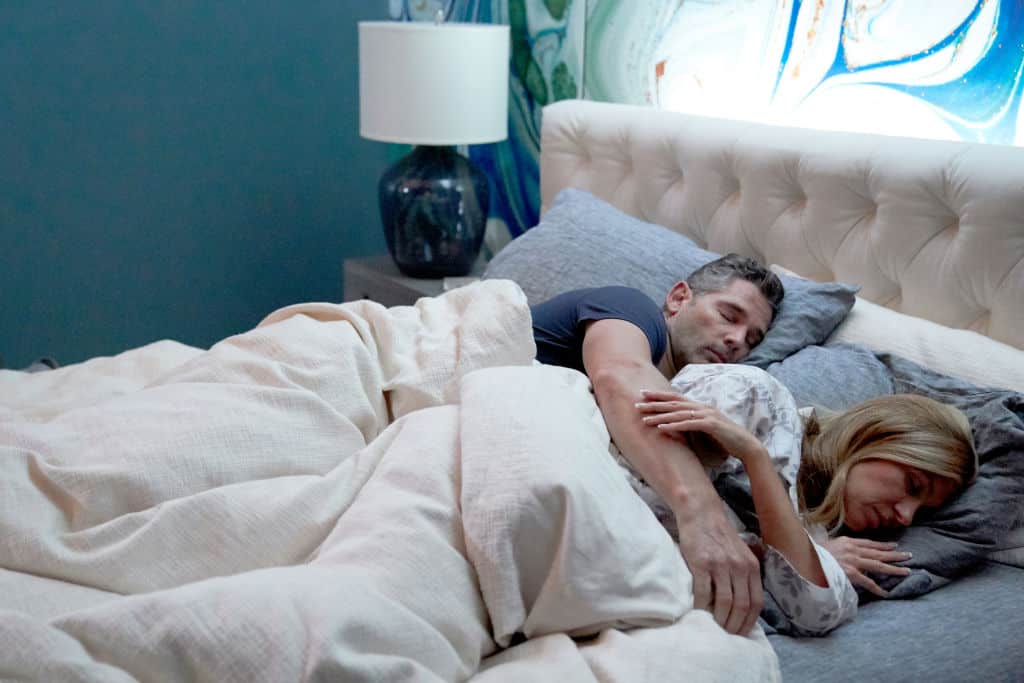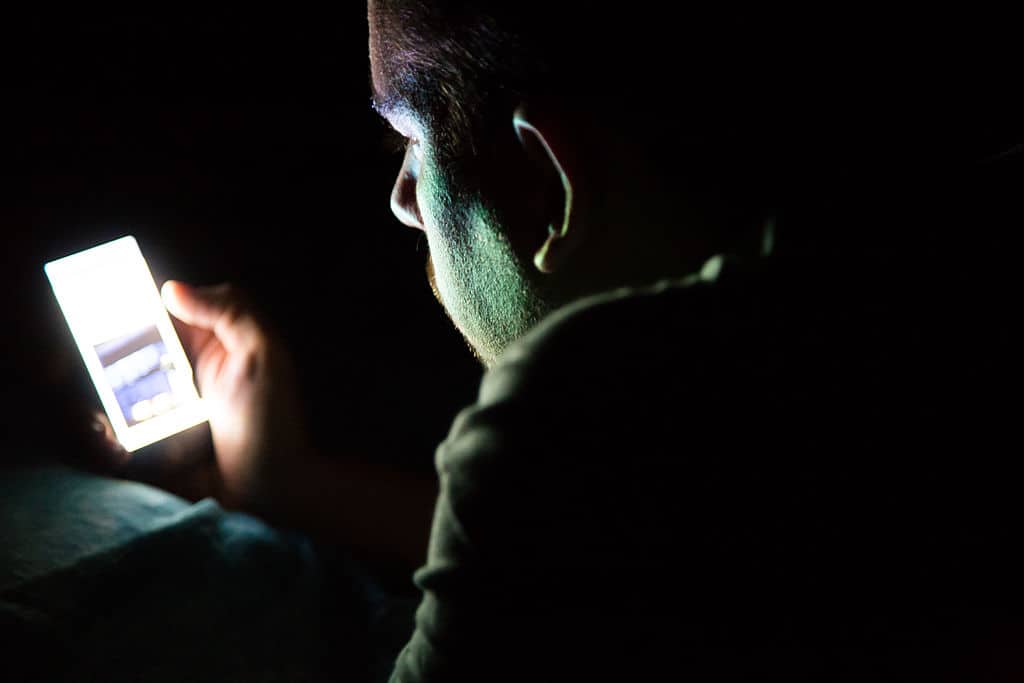About 20% of our society suffers from chronic insomnia, and occasional sleep problems affect every second Pole! Insomnia is a constantly growing problem, defined as a disease of civilization. Thus, it is also one of the most common causes of other health ailments. Sleep is the basis for health and well-being. So how to deal with problems with sleep? We suggest!
Insomnia may result from other medical problems, such as: depression, anxiety disorders or neurosis. Also thyroid diseases, especially hyperthyroidism, may contribute to sleep problems. It may also be exacerbated by taking strong medications, long-term stress, alcoholism and drinking large amounts of coffee or energy drinks
Doctors point to another important cause of increased sleep problems. It’s a clear change in lifestyle of the Poles that may be the reason for growing insomnia. Lack of a stable sleep rhythm – too little time for sleep during the week and sleep at the weekend, inactivity, i.e. too little physical activity during the day and exposure to light at night – we spend more and more time in front of computer screens, tablets and smartphones. These are some of the major causes of rising insomnia in the 21st century identified by experts.

If you suffer from chronic insomnia, it’s best to consult your doctor for a proper diagnosis so you can choose the right treatment. If you have occasional sleep problems, or if you are beginning to notice that it is becoming more difficult to fall asleep, there are several things you can do to help
One common cause of sleep problems is not getting enough sleep during the week and catching up on sleep on the weekends. This lack of rhythm unbalances the body. If possible, try to set times to go to bed and get up and follow them. What’s more, studies show that going to bed late has a negative effect on the quality of our sleep. So if you can get to bed earlier, you’ll improve the quality of your rest.
Exposure to blue light in the evening inhibits the secretion of melatonin, the so-called “sleep hormone” that naturally occurs at dusk and tells your body it’s time to sleep. Looking at a smartphone or computer screen for hours after dusk disrupts the rhythm of melatonin secretion and thus reduces our sleepiness at a time when the body would naturally be inclined to rest. Therefore, during the evening hours, try to turn off and put away all possible electronic devices. To put your body into a restful state, you can dim the lights in your room and, for example, sit by a lamp with a book. If your work forces you to spend long hours in front of a computer, then dim its screen and use glasses that block blue light a bit.

A sedentary lifestyle is not good for your health and has a negative impact on your body. Lack of exercise can be another reason for sleep problems. To get healthy energy by engaging your entire body, try exercising regularly at home, going for walks, or signing up for a gym, fitness class, or other activity. Physical exertion can produce positive results in a short time and improve your sleep. Remember, however, not to exercise at late hours so as not to over-stimulate your body just before you go to bed. According to the World Health Organization, the necessary minimum amount of physical activity for an adult is 30 minutes per day, 5 days a week.
Drinking coffee, even a few hours before going to bed, significantly impairs the quality of sleep. The same goes for energy drinks. Therefore, try to avoid coffee and the aforementioned drinks already in the late afternoon and evening hours
>> See also: It’ s time to eat healthy! Vegetable pickles
Eating before going to bed will not help us fall asleep. Even more so if we eat a heavy meal late in the evening. Then our body will be struggling to digest it for the next few hours – this will have a negative impact on the quality of our sleep, because the energy used for this process would otherwise be spent on regeneration of the body. The last meal is best eaten about 2-3 hours before going to bed.